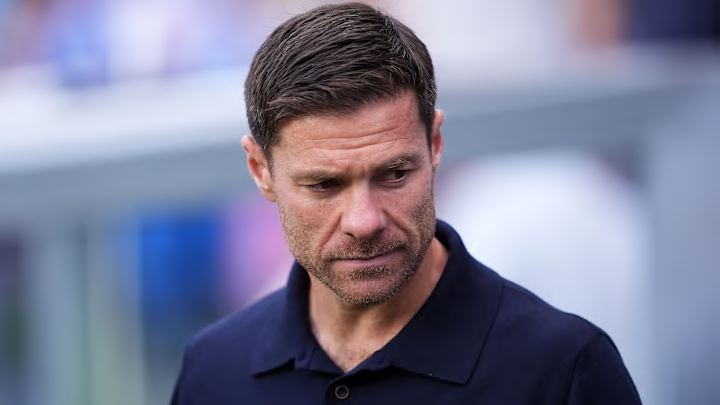Real Madrid have lost one of their biggest bets of the season, and the timing couldn’t really be worse. Trent Alexander-Arnold is expected to miss six to eight weeks after picking up a hamstring injury in his left leg, just a few minutes into the 2-1 win over Olympique de Marseille. Signed with plenty of hype around him, the 26-year-old right back hardly had a chance to settle in before being hit with this major setback. For Xabi Alonso, the blow cuts even deeper. Along with Arnold’s absence, he won’t be able to count on Carvajal either, suspended against the French side. That leaves Madrid staring at a Champions League fixture without a single natural right back.

The weight of Arnold’s injury and what it means
The look on Arnold’s face when he went down at the Santiago Bernabéu said everything. Barely three minutes on the pitch, then a forced change, and the frustration was plain to see. On social media he tried to sound upbeat, writing: “I’ll be back as soon as possible, stronger than before. See you soon, Madridistas.” Still, the truth is hard to escape. His absence tears open a wound in a position where Madrid already lacked depth. The club invested heavily to bring him in, counting on his ability to give the team an outlet down the right and add precision in the buildup. Now Xabi Alonso is left without not only a top-level fullback but also a player who could change the flow of a game with his vertical passes and pinpoint long balls. The locker room feels it, the fans are gutted, and the calendar shows no mercy.
Xabi Alonso’s Champions League dilemma
The next Champions League match against Kairat only makes the issue clearer. No Arnold. No Carvajal either — he’s serving a suspension after clashing with goalkeeper Rulli. For the coach, the options are all uncomfortable. Turn to a youngster from the academy? Drop a midfielder back into defense? Reshape the system completely? None of those choices sound convincing when the Champions League demands perfection in the smallest details. Madrid are no strangers to crises, but this one stings in a different way. Arnold wasn’t brought in to be a rotation piece; he was supposed to be a cornerstone, a symbol of the team’s renewal. Seeing him ruled out for close to two months doesn’t just derail part of the sporting plan. It also drains much of the excitement that surrounded his arrival.
